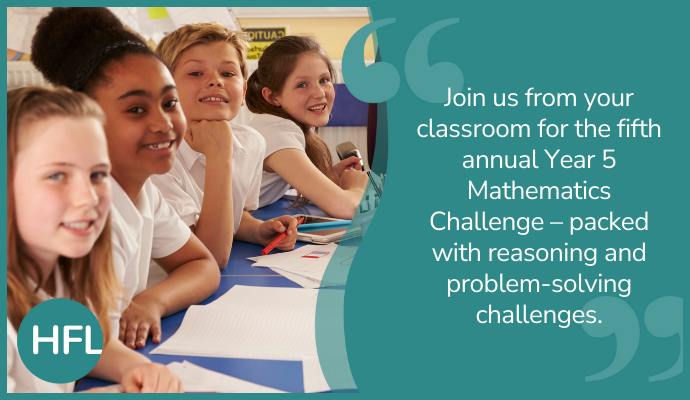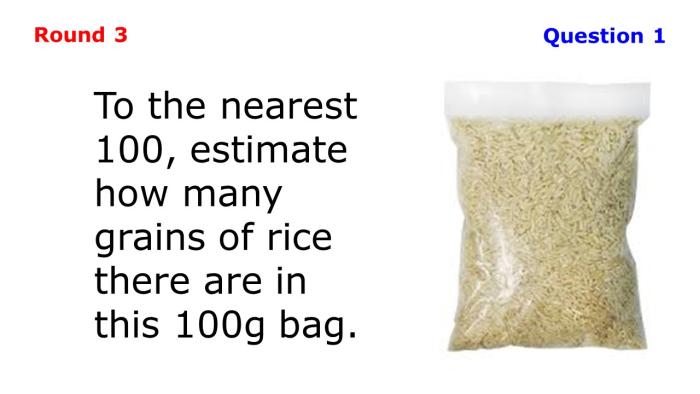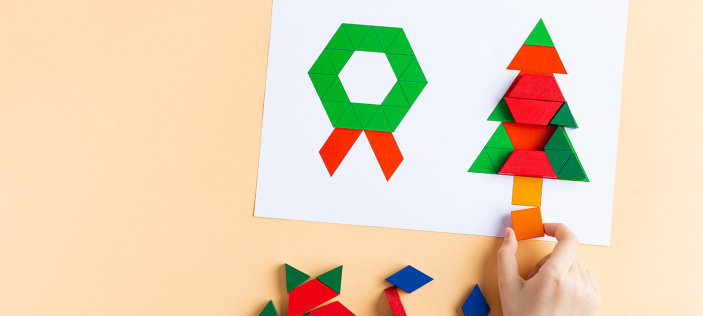
It is a new calendar year and at this point, I always turn my attention, excitedly, to the annual Year 5 Mathematics Challenge. It is always a pleasure to design and run this competition. Last year, over 250 teams entered from across Hertfordshire and England, and we are looking forward to the same number of competitors this year too.
The HFL competition is a little different from other challenges. It is designed around the skills we believe make great mathematicians. The pitch is matched to the demands of the year 5 curriculum.
Challenge is served up through the style of questions and how they are presented, and teams will have a range of options to consider. Challenge is also experienced in the limited time to solve each question so teams will have to work quickly through steps to solve the problems. This is why we offer guidance to teams in their preparation. Namely, how to assign tasks, how to work separately but together and how to work as a team to negotiate, reason and agree.
The rounds
The challenge has been running for a few years now and is always a highlight. In previous years, the heats and the final were held in person. But more recently and again this year, the competition is being run remotely. Although this means I no longer enjoy the full pleasure of devising new tasks for the estimation round (2019 – estimate the grains of rice in a bag), it is still great fun designing the four rounds:
1) knowledge
2) visual estimation
3) memory
4) knowledge

You will find guidance and the full range of free practice materials for each round here:
HFL Education Annual Year 5 Mathematics Challenge
The competition
The competition is open to all Year 5 pupils. Schools enter teams of 4 pupils into one of the after-school heats (3.30-4.30pm) and as the 6 ‘heats’ are accessed remotely, teams can take part from their own classrooms. There are 6 February heats to choose from and schools can enter as many teams as they like and on different dates.
As a maths team, we believe the competition is challenging and fun. To find out what the experience was really like, we visited Oakwood Primary in St Albans to ask their last year’s team to share what it was like for them.
What did you think of the competition?
“It felt a bit harder than our everyday Year 5 maths! We did do practice, so we knew what to expect. There were all sorts of questions from different bits of maths – measures, pattern spotting, arithmetic, shape etc. We had to think really hard to solve them.”
“The multi-step questions were tricky. We really had to work together. One of the questions had a few possible answers. So, we had to split up the tasks to get the question answered in time.”
“We liked the memory round. But it was super-difficult. We weren’t allowed to point. We had to use careful words to say exactly what each bit was and where it was on the page.
We tried to do it logically. We thought about splitting the ‘poster’ up. One observer looked at the left part. The other looked at the right. Then we came back and described this section to each of the ‘drawers’.
When we tried to remember the ‘long numbers’, we broke it down into chunks so we could come back and say each part in turn.”
What was it like working as a team?
“We gave each person a role to figure out their part of the question.”
“If we did it again, we would say don’t answer altogether. Allow everybody a chance to say.
And definitely work out your strategy before you start. The practice questions will help you work on this.”
What advice would you give?
“To be successful, you need: teamwork; communication; efficiency in your maths strategies and working together; and listening to each other’s answers.”
“It is worth getting to know the strengths of your team beforehand. Find out what each person is good at in maths and use that.”
“Practising beforehand helps but it is worth doing this with a time limit, so you get used to the pressure.”
Would you recommend it?
“We would definitely advise doing it. It’s a good experience working as a team and going against the clock!”
We thank the Oakwood Primary team for sharing their thoughts.
There has been a different winning school in each competition to date. Perhaps it will be your school’s name engraved on the shield in March 2023.



